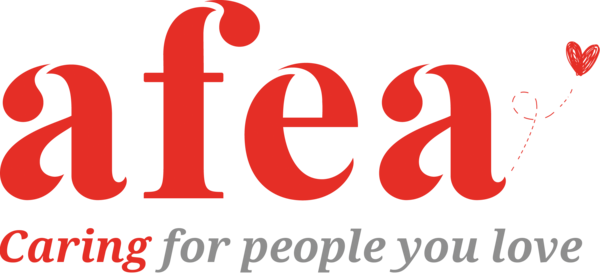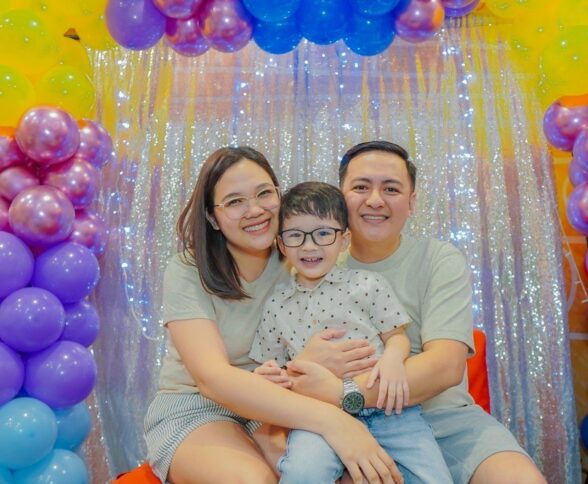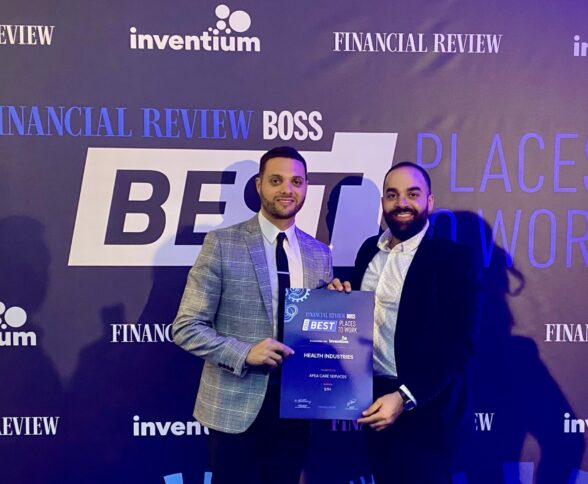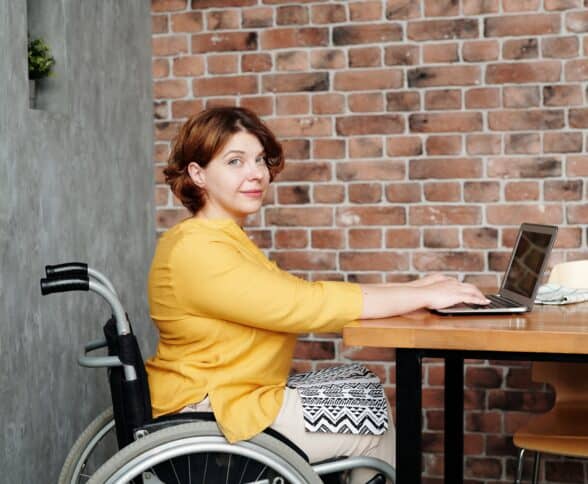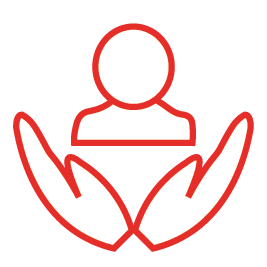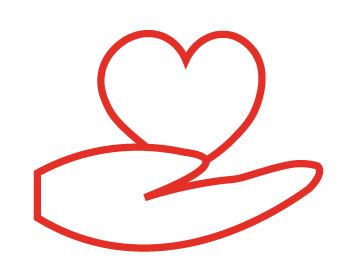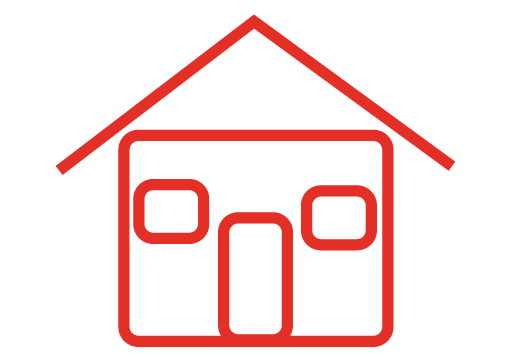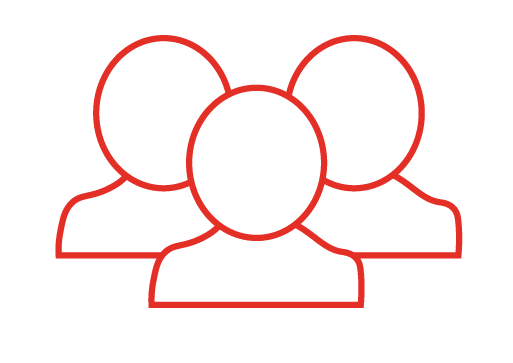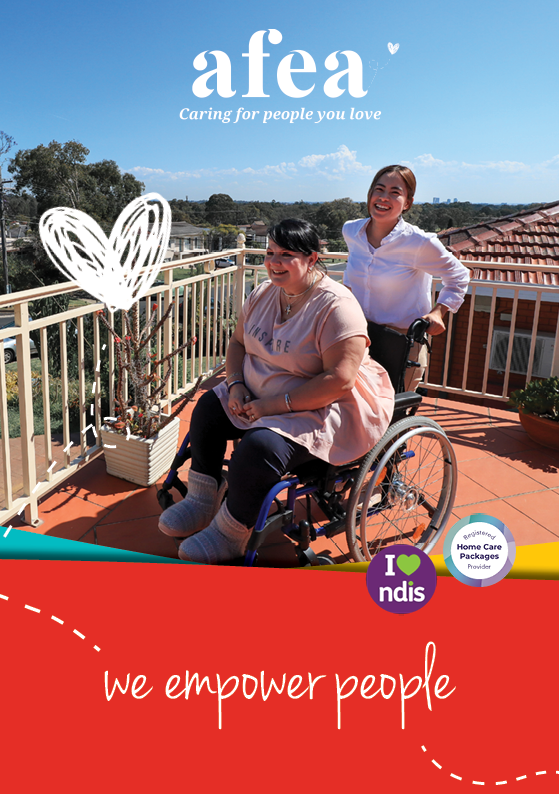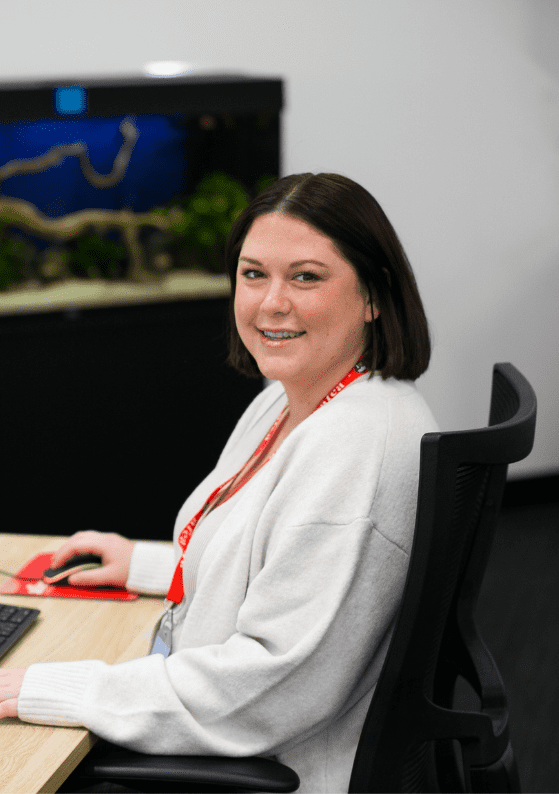Happy Allied Health Professions Day!
AHPs day (14 October) was first held in England in 2018 and is now an international event celebrating and bringing together the allied health professional community.
What is allied health?
Allied health professionals
are health professionals that are not part of the medical, dental or nursing professions. They are university qualified practitioners with specialised expertise in preventing, diagnosing and treating a range of conditions and illnesses.
Allied Health Professions Australia
As a team of support workers, plan managers and support coordinators, we are forever grateful to our care partners in the allied health profession. Many of our clients have multidisciplinary teams consisting of Occupational Therapists, Speech Pathologists, Physiotherapists and other allied health professionals, with whom we work closely to provide the best support to the people in our care.
Our Support Coordinator, Ivania, sat down for a chat with Dr Amanda Mazzoni and Mark Traves from Care Squared to talk about:
- their career journey in allied health
- the role that allied health plays in the NDIS space
- how allied health works with other members of the Afea care team, including support coordinators and support workers
- what they find most fulfilling in their roles
Take it away, Ivania!
TRANSCRIPT
Ivania Choi (Afea Care Services): Hi. My name is Ivania. I work at Afea as a support coordinator. And I have the pleasure of interviewing Mark and Amanda today at Care Squared.
Dr Amanda Mazzoni (Care Squared Kids): Thanks. Hi, I’m Dr Amanda Mazzoni. I am the national manager for Care Squared Kids.
Mark Traves: And I’m Mark Traves. I’m Head of Partnerships for Care Group.
Ivania Choi: Thank you very much, Amanda and Mark. So the first question is for Amanda. Can you share your journey to becoming an allied health professional?
Journey to Allied Health
Dr Amanda Mazzoni
I started in my early 20s in a degree in psychology and I didn’t know where it was going to take me. I just thought I’m really interested in this and then went on to do a PhD because I still wasn’t really sure what I wanted to do, but I knew I was really interested in working with children. And I was offered an opportunity that I really couldn’t say no to. But then when I finished, I was like ohh. I think I’d like to be registered. I think I’d like to actually work with people because our PhD will take you in an academic, you know, discovery pathway, I suppose and definitely keep you in university, I wanted to be on the ground with people.
I also feel very proud that I get to train clinicians to have the same insight as me, so to say, you know, when you work here, you are accountable to these families. You are part of it now and you’re an advocate for them. And you need to make sure that you’re accountable to them. I know every day that I hold that weight and it’s my job to make sure that all of my clinicians are upholding that for our families.
The Role of Allied Health in the NDIS
Dr Amanda Mazzoni
I feel that our role is to skill build. Now skill building sounds so basic, right? But it can be anything and it can be the things that you and I take for granted, like social skills. But it can be anything and it can be the things that you and I take for granted, like social skills. It can be making a meal, it could be going on a bus and catching the bus to and from, you know, a community event that you and I like. I said, just take for granted. We can do those things.
The Importance of Skill Building
But without those skill builders, without those little things that allied health step in to do and break down the steps in however many steps they need to because it depends on the person’s capacity, right. It depends on what they can do at that time and where they’re at, you have to meet them at that, that level that they’re at and you have to work with them to bring them to the skill that they can achieve and do it achievably as well.
But that means, you know, for them those little things that we take for granted. That’s the difference between leaving the house. That’s the difference between them having independence in the community. It’s the difference between them making a friend. Things that we can go out and do every day. And if you actually think about it, the gravity of that is huge. So for me the allied health industry is so significant in improving life and quality of life, and it comes back to skill building.
Ivania Choi
Can you describe your working relationship with Afea, Mark?
Working with Afea
Mark Traves
So for me, I met Deki [Deki Bhutia, Afea Sales Manager] at my very first Ready Set Connect and just really from that first interaction saw how engaged the Afea team are and how they really do focus on supporting their participants.
What I love working with Afea is that your entire team, everyone is really open to supporting the participant.
So we know that we’re coming into people’s homes to deliver services. So we’re entering in their environment and we wanna make sure that that that is as streamlined as possible so that you know, it’s my home and we become a part of that home for them. It’s also great for us to be able to support the support workers in the home together in the same way.
From a support coordination standpoint as well, working with Afea is great because you’re really responsive.
Allied Health and Support Coordination
Dr Amanda Mazzoni
Just around the relationship with support coordinators and allied health, people might not understand the actual significance of that relationship, but I’m and I only can only speak from my personal experience and also as a national manager and understanding my clinicians relationship with the support coordinator. In a lot of instances probably, more often than not, the support coordinator can be the only person advocating for that person. Sometimes they don’t have a nominee. Sometimes there isn’t one. You know, there’s a guardian, but we all know that guardians, they they’re not really in the picture as much. And so it’s if the allied health and the support coordinator are working very closely together, which I have in the past with pretty much all of my support coordinators.
And so I can imagine Ivania going, Yes, you’re right. Like, that’s a lot of weight for me to hold, right? I could be the only person helping these participants. But if you’ve got someone behind you and you’re working together, you are sharing the weight and you’re advocating together, which means there’s more people in that participant support network.
What do you find most fulfilling in your role?
Ivania Choi
Yeah, I think the most fulfilling part of my role is just seeing the participant being able to have make positive changes. Sometimes they go up and down and I’m part of the journey.
And then I get a feeling that they are actually moving on and living a better life, going to work and or going to day programs and we see those changes.
Dr Amanda Mazzoni
I love that as a national manager I get to see what the need is in the community.
And for me it’s that, what can I do? How can I help? Where can we jump in and fix the problem?
Mark Traves
To be part of that is so wonderful. And seeing the results for the participants. You know, we’ve had participants who have gone through our connections and relationships program and they’ve actually made friendships. Some of them have actually forged personal relationships. So we’ve had people who at the end of the connection relationships program have gone on dates together and they become a couple.
So to be able to see people leaping ahead like that, it’s just so wonderful. And, you know, you can’t put a price on that for people. So it does come back to that enjoyment of life again.
I love coming to work every day and seeing the difference that we make to people’s lives.
This interview has been edited and condensed.
Our deepest thanks to Dr Amanda Mazzoni and Mark Traves for their time and generosity!
Expert NDIS care from Afea
At Afea, you’ll have a lot of people in your corner! In addition to our compassionate care services—
- Our Plan Management team is your financial champion, ensuring your funding is used to its fullest potential. At Afea, you’ll have a dedicated Plan Coordinator – just one point of contact for your entire plan journey!
- Afea’s Support Coordinators are committed to helping you achieve your goals, develop your skills and access the best services suited to your needs. Reduce the stress and time spent on implementing NDIS plans with the help of our amazing Support Coordinators!
Reach out to us now via hello@afea.com.au or 1300 65 11 33!
